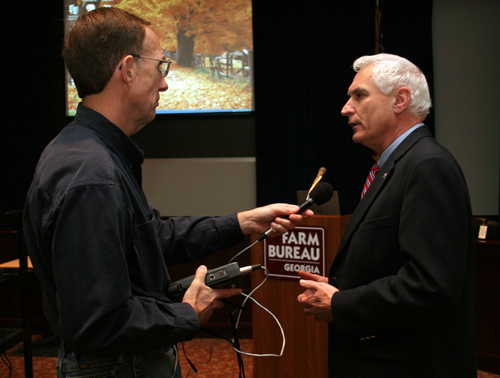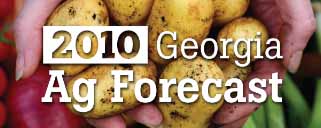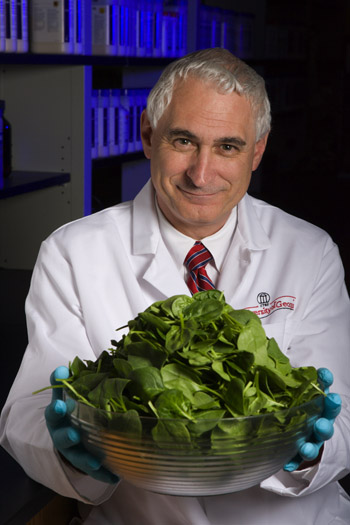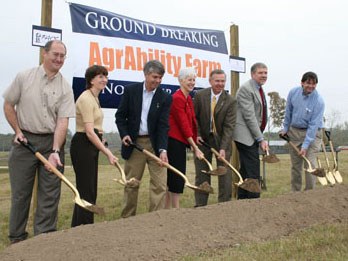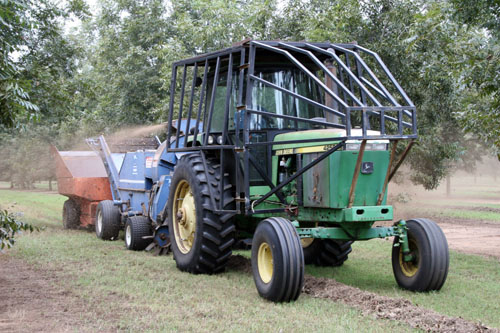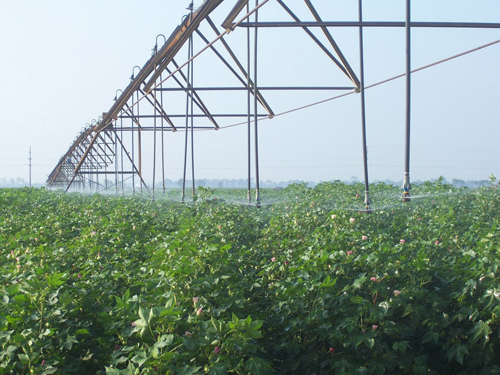 CAES News
CAES News
Haiti agriculture
In the shadow of a rundown block building in Los Palis, Haiti, children wearing tattered clothes bit into half-ripened mangoes they picked from the ground and wondered about the strange men toiling around in the field.

